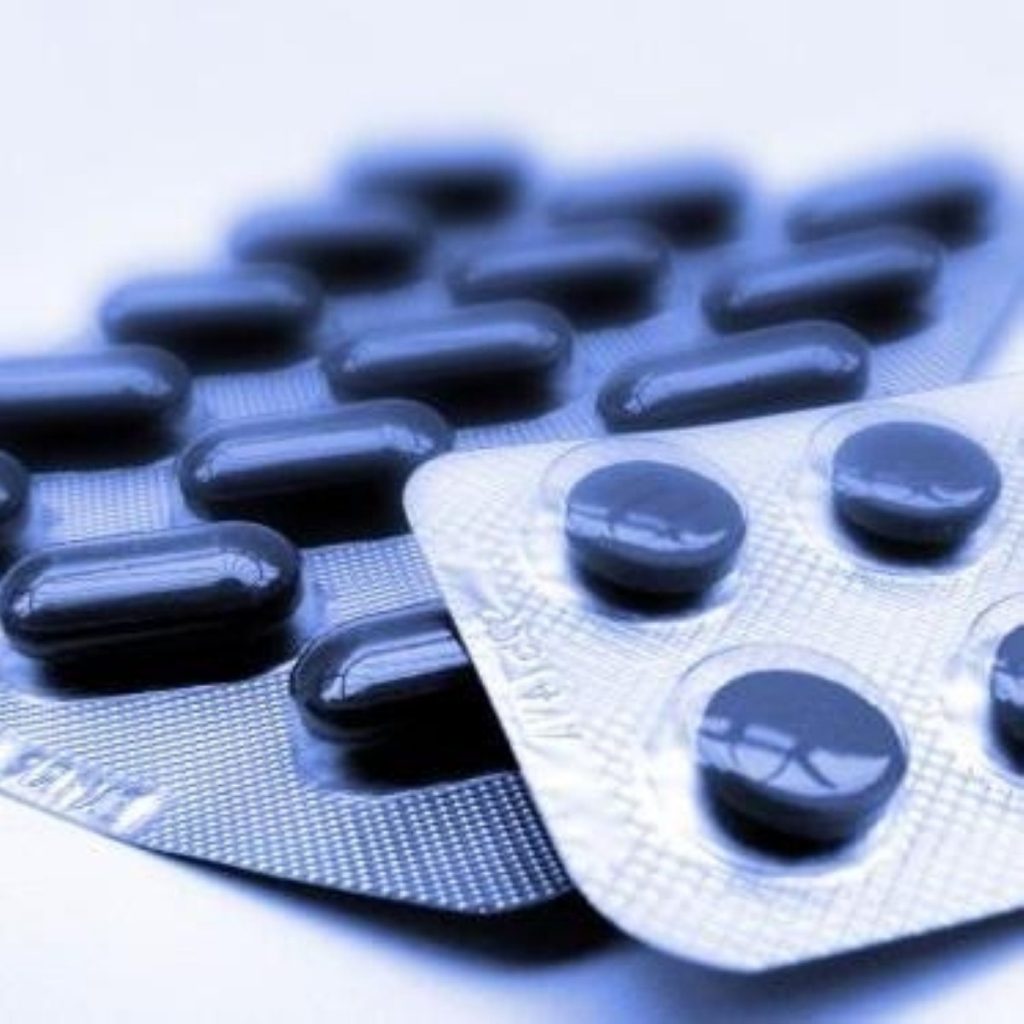Parkinson’s link to high iron diet
People with high levels of iron and manganese in their diet are more likely to develop Parkinson’s disease, scientists in Seattle have claimed.
But the benefits of eating foods rich in these minerals outweigh the risks of developing the neurodegenerative disease, according to the author of the study, published in the journal Neurology.
Harvey Checkoway of the University of Washington School of Public Health and Community Medicine in Seattle explains the findings might improve understanding of how Parkinson’s disease develops.
“But, there are most likely numerous environmental, lifestyle and genetic factors that determine who will develop the disease”.


“It’s too early to make any recommendations about potential dietary changes. “
To assess the link between Parkinson’s and mineral intake, interviews were conducted with 250 newly diagnosed Parkinson’s patients, and 388 people without the disease, to ascertain how often they ate particular foods during their adult life.
People with a higher than average intake of both iron and manganese were nearly twice as likely to be Parkinson’s patients than those with a below average intake.
Those in the top quarter of iron intake were 1.7 times more likely to be suffering from the disease than those in the lowest 25% of iron intake.
The investigation also showed that those with an above average dietary iron or manganese intake, who also took multivitamins or iron supplements daily, were even more likely to have been diagnosed with Parkinson’s.
It is already known that iron and manganese contribute to oxidative stress, a normal part of cells’ energy consumption and metabolism process in which toxic free radicals are released.
The scientists hypothesise that this oxidative stress may kill brain cells that produce dopamine. Parkinson’s classic symptoms of co-ordination problems and uncontrolled tremor are a result of a lack of dopamine manufactured in the brain, but the cause of this decline in production is not yet understood.
The Parkinson’s Disease Society estimates that around 120 000 people in the UK have Parkinson’s, with 10 000 new sufferers diagnosed every year.
Iron is a crucial dietary mineral, which is present in haemoglobin, allowing blood to carry oxygen around the body. Iron deficiency is a major nutritional problem in the developing world, and can cause fatigue and weakness, poor social and cognitive development and decreased immune function.
Manganese deficiency results in joint pain and memory problems, but a lack of this mineral is rare in the developed world.
Foods rich in both iron and manganese include spinach, legumes, nuts and whole grains. Iron is also abundant in red meat and poultry.

